The future perfect tense expresses:
-
A finished action before a certain time in the future
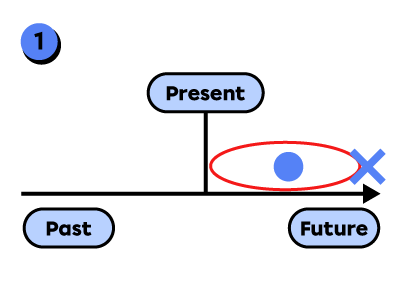
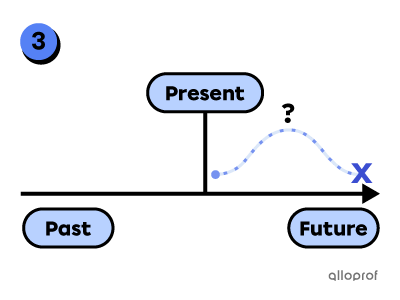
-
Emphasis on the duration of an action before another action or moment in the future
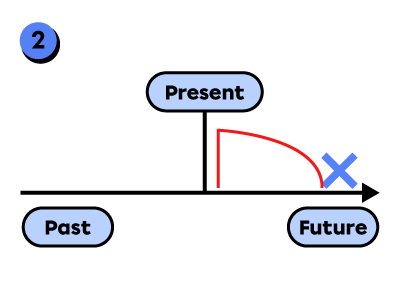
-
A prediction or an assumption about a future event that will happen before a certain time in the future
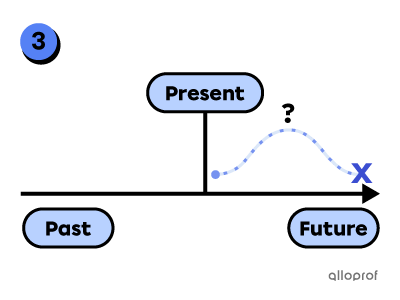
-
A finished action before a certain time in the future
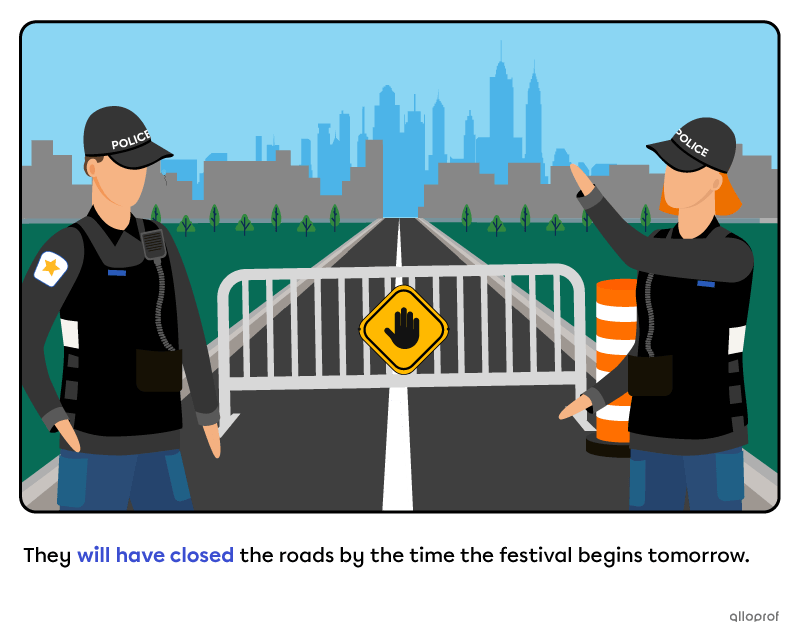
-
Emphasis on the duration of an action before another action or moment in the future
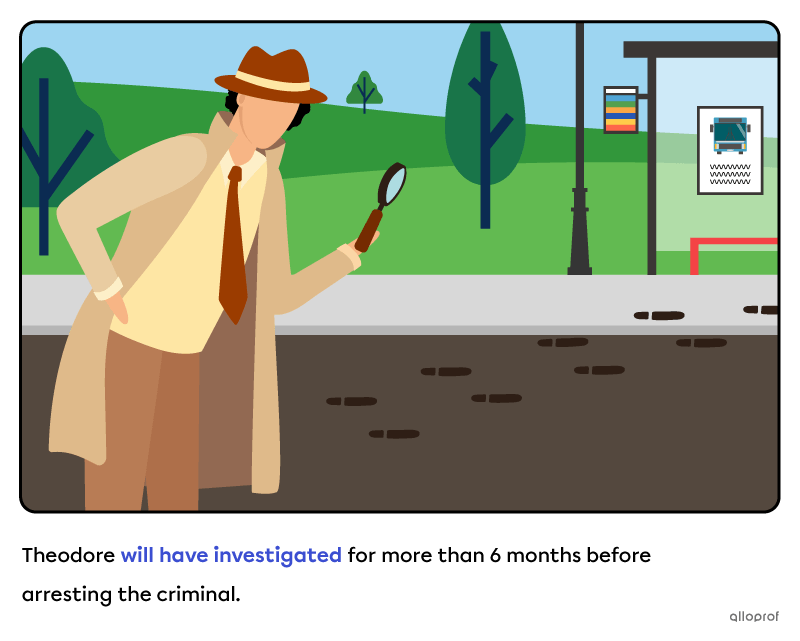
-
A prediction or an assumption about a future event that will happen before a certain time in the future
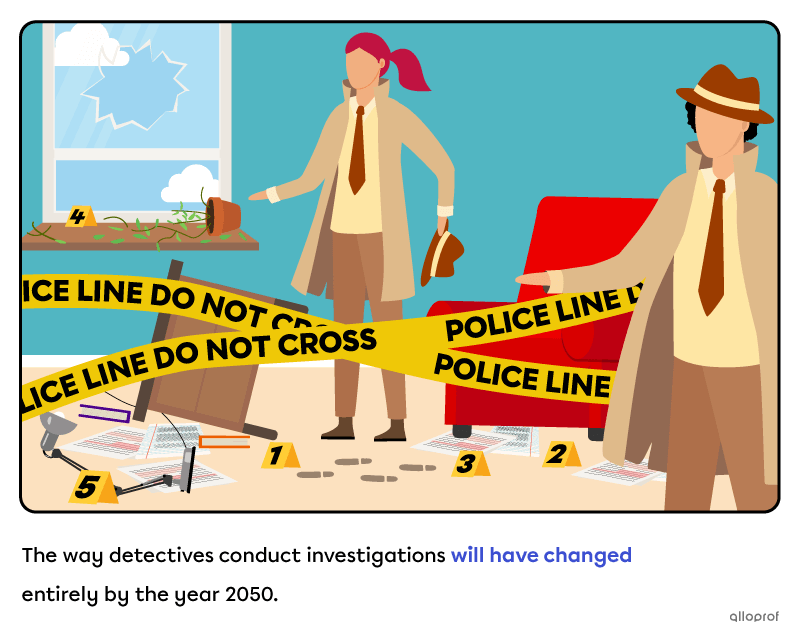
Using the future perfect verb tense usually requires more context, such as a conversation.
In many cases, using the simple future could also work but won’t be as specific about what it implies.
Here are some guidelines to help you choose between the simple future or the future perfect.
-
Used with or without a specified period of time
-
Is more general
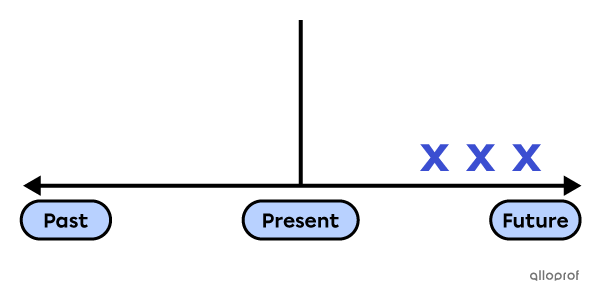
They will compile evidence and they will discuss the case.
It implies:
That both actions will be completed in the future without mentioning any deadline.

-
Used with a specified deadline
-
Focuses on future actions being completed before another action
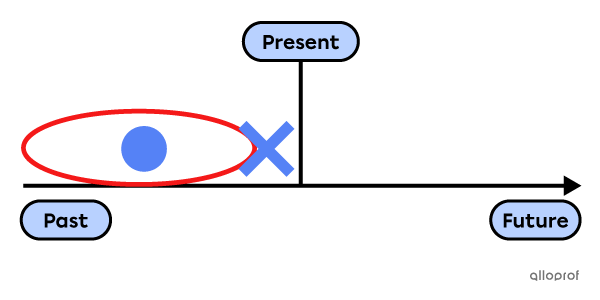
They will have compiled all the evidence before they discuss the case.
It implies:
That they will be done compiling the evidence by the time they discuss the case. One action must be finished before the other one occurs.

Points to remember when forming future perfect affirmative sentences:
-
Use the auxiliary modal verb will.
-
Use the base form of the auxiliary verb to have.
-
Use the past participle of the verb.


Points to remember when forming negative future perfect sentences:
-
Use the auxiliary modal verb will.
-
Place the function word not after the auxiliary modal verb will.
-
Use the base form of the auxiliary verb to have.
-
Use the past participle form of the verb.

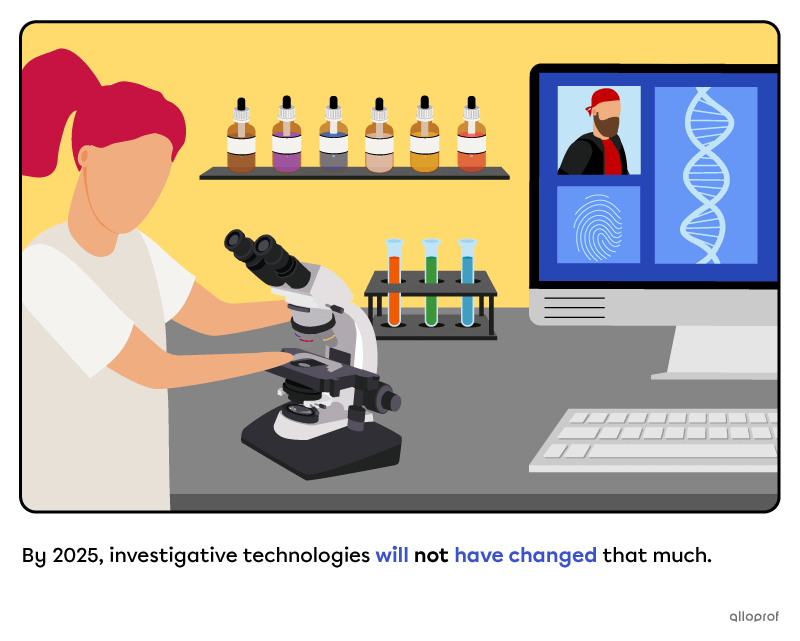
Points to remember when forming questions in the future perfect:
-
Place the auxiliary modal verb will before the subject.
-
Use the base form of the auxiliary verb to have.
-
Use the past participle form of the verb.
For information questions only:
-
Place a question word at the beginning
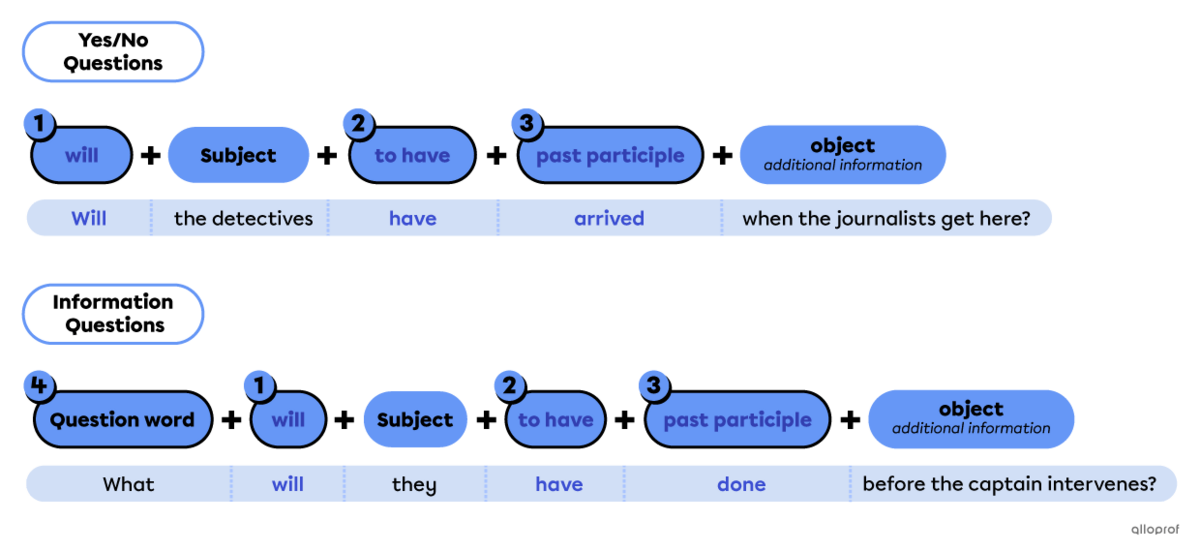
-
Yes/No questions
|
Will |
subject |
have |
past participle |
object? |
|
Will |
Theodore |
have |
reached |
the port before the criminals get away? |
|
Will |
he |
have |
worked |
in this city by next month? |
-
Information questions
|
Question Word |
Will |
subject |
have |
past participle |
object? |
|
What |
Will |
Theodore |
have |
discovered |
by the end of the year? |
|
How long |
Will |
he |
have |
worked |
in this city by next month? |